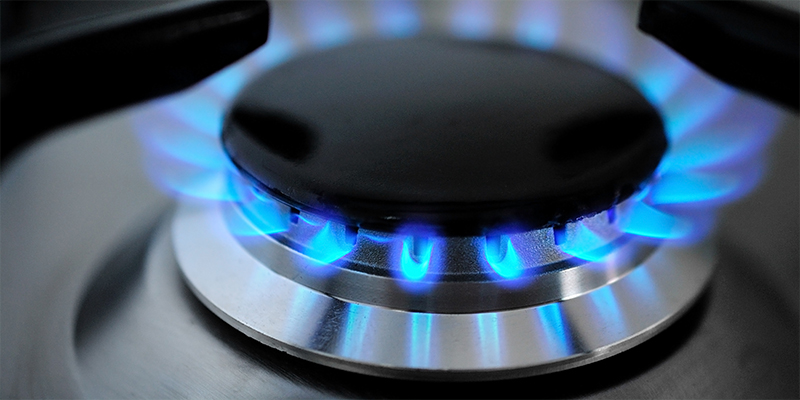Switching from Electric Heat to Gas Heat: What You Need to Know

The two most common types of fuel used for home heating are electricity and natural gas. For many Americans, gas is the go-to fuel for home heating. But what if you already have an electric heater installed? Is switching from electric heat to gas heat worth the cost and effort?
According to a survey of more than 1,000 Americans, 37 percent of electric heat users are considering switching to natural gas. If you’re considering the same switch, use these tips to help you make the right choice for your home and budget.
Determine If Switching to Gas Heat is Feasible
Making the switch from electric to gas is easier for some homeowners than others. To see how you fair, let’s break down your specific situation:
What kind of electric heat are you using now?
If electric radiators or baseboard heaters keep your home warm, adding the ductwork necessary to operate a gas furnace could be expensive and complex. It might even be impossible, depending on how your home is built.
However, if you already have forced-air heating in the form of an electric furnace or heat pump, the ductwork infrastructure is already there. This cuts way back on the time and expense of installing a gas furnace.
Is natural gas offered in your area?
Check with your local utility provider to verify whether natural gas is available at your home. Access to this fuel is less probable if you live in a rural area. Even if it is available, you may need to add a gas line, which is especially likely if your home was built before the 1970s. This upgrade could cost thousands of dollars, adding to the overall conversion cost.
Decide If Switching to Gas Heat is Worth It
The hassle and expense of switching from electric to gas may have you wondering whether the benefits are worth it. Here’s how to find out:
Determine your long-term cost savings
In most areas, natural gas costs less than electricity, and sometimes considerably so. This means you can expect lower heating bills with a gas furnace than with electric heat. According to a Wisconsin utility company that offers both heating fuels, homeowners living in cold climates can save $1,700 a year by using gas instead of electric heat.
The question is whether these savings provide a return on investment within a reasonable timeframe. The complexity and cost of switching to gas largely determine how long the payback period is.
Consider the environment
One reason electricity costs so much more than natural gas is because it’s intrinsically inefficient to produce, especially if coal is the energy source. The current average global efficiency rate of coal-fired power plants is only 33 percent.
Delivering electricity to individual homes further wastes energy, so only about one-quarter of the energy consumed to create electricity makes it to your radiators or baseboard heaters. Cleaner sources of electricity are available, but if you get your energy from the municipal power supply, you have no say in this.
Natural gas is much more efficient, delivered to your home as a raw product instead of being converted into electricity first. Natural gas furnaces today approach 100 percent efficiency. So do electric furnaces, but considering that electricity production is so inefficient, the emissions from electric heaters are much higher than from gas heaters. This means, even if you only break even years after switching to natural gas, you’ll be helping the environment the whole time.
If you’re interested in switching from electric heat to gas heat, Aire Serv® can help. To learn more about the conversion process, contact us today!
Is your dryer operating correctly? Contact Mr. Appliance, a Neighbourly company, to schedule a service call.
 Click to call
Click to call


